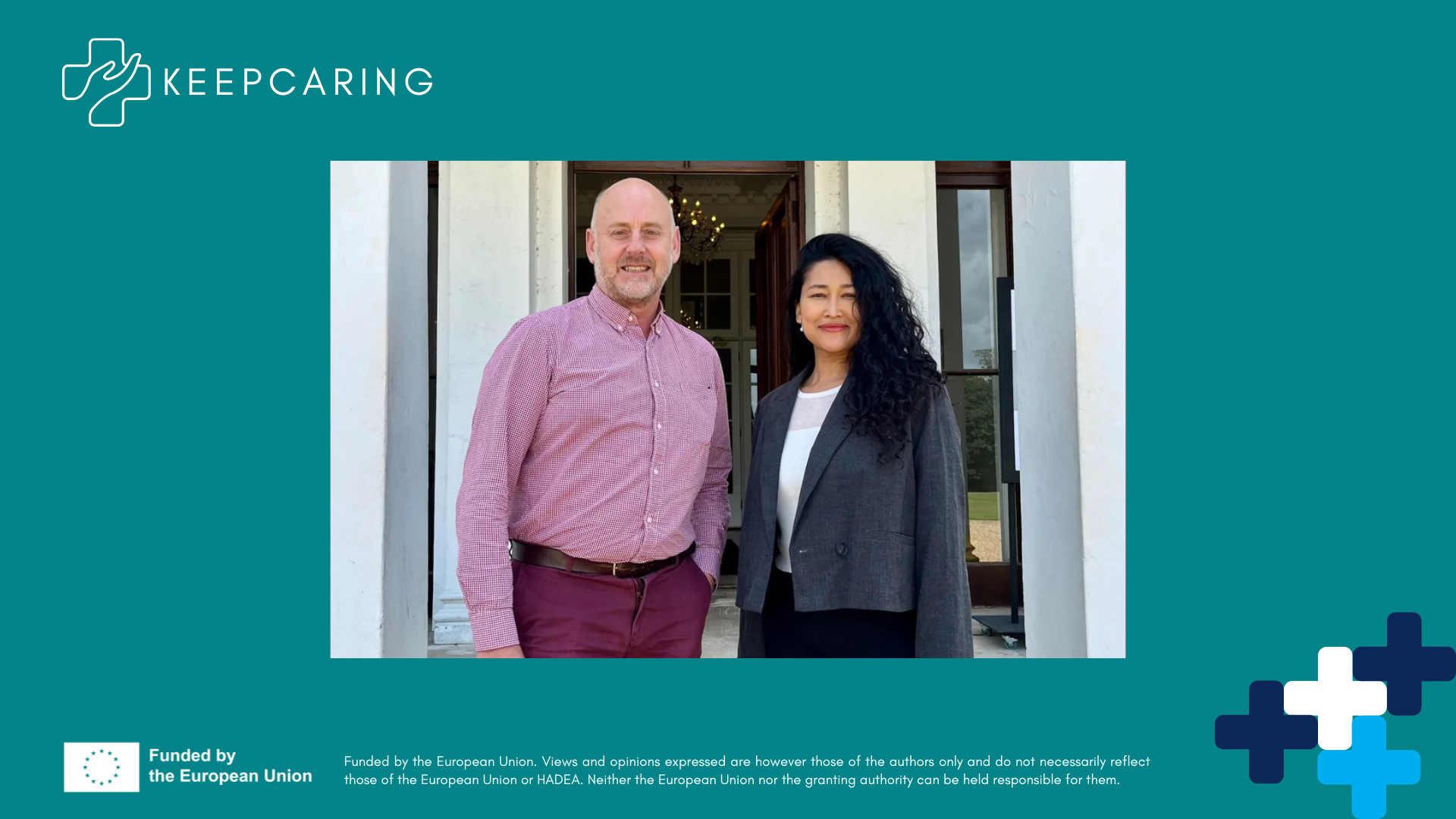UL researchers to study burnout of hospital-based doctors and nurses

Authors
University of Limerick
University of Limerick researchers are involved in a major new EU research project focused on burnout among hospital-based doctors and nurses.
Researchers from UL’s Department of Psychology are among a select group of experts collaborating with the KEEPCARING project, which is funded by the European Union’s Horizon Europe programme.
With total funding of €6.5 million, KEEPCARING unites with approximately 20 partners from several EU countries, including leading universities, hospitals, and private sector innovators. The four-year initiative is aimed at transforming what researchers know about burnout in our healthcare professionals, what contributes to burnout and how it affects staff.
As part of the study, nurses and doctors working in Irish hospitals will be surveyed about their experiences, in the hope that they will identify ways to prevent or reduce burnout.
Professor Stephen Gallagher, and Dr Trina Tamrakar, of UL’s Department of Psychology, are leading UL’s involvement in the study, with a specific focus on the components associated with an assessment of burnout predictors.
Professor Stephen Gallagher explained: “Burnout is not only harmful for the health and well-being of our nurses and doctors; it is pervasive and is also associated with low job satisfaction and increased intention to quit.
“As such, the team here in UL will be responsible for understanding how things like work stress, relationships with leadership, and systems contribute to burnout in both nurses and doctors across countries such as Ireland, Denmark, Germany and the Netherlands, among others.
“This information will then be used to inform virtual reality and artificial intelligence solutions to help reduce the negative effects of burnout,” added Professor Gallagher.
The KEEPCARING research project was initially launched by doctors in response to the EU healthcare crisis, where recruiting and retaining healthcare staff is proving difficult. As burnout in hospital staff has been identified as a key factor in this crisis, the mission behind the project is to find state-of-the-art solutions and strategies to improve the health and well-being of both nurses and doctors.
Dr Trina Tamrakar said “The stressors that contribute to burnout is not just limited to availability of structural resources, but also accessibility of structural support services in place for health professionals to deal with the stressors and occasional traumatic events, particularly in surgical wards where the stakes are high. Some countries are better than others in this aspect, and the UL research team is investigating this.”
Hospital-based nurses or doctors in University Hospital Limerick (UHL) or similar have been invited to participate and can access the survey online, or an opportunity to have their voices heard through one-on-one interviews, where all responses will be kept confidential and anonymous.
For further information on the project, and the full list of project partners, visit the dedicated website here.



